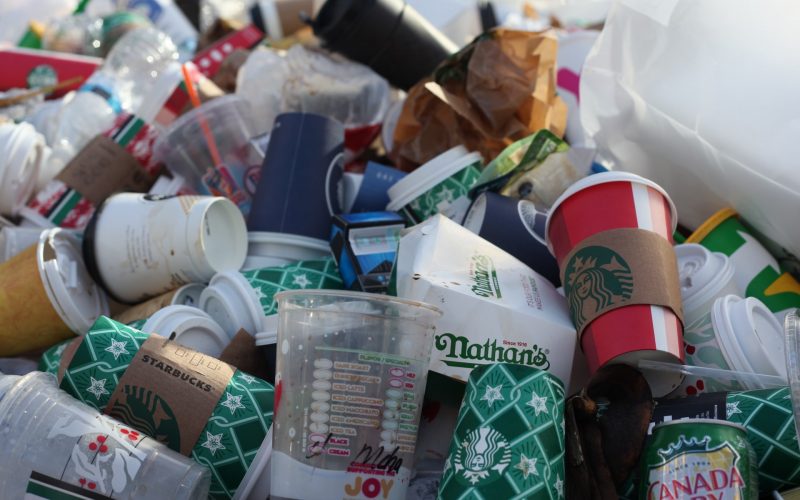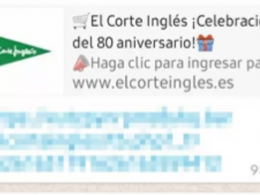The UK’s Government’s 2018 waste management strategy for England set out ambitious waste reduction and sustainability targets for many sectors. By 2020, it was expected that 50 per cent of household waste should be recycled. The results of these targets are yet to be published. However, evidence suggests that the public continues to respond to these initiatives well.
But while local authorities aim to combat domestic waste issues, another part of the public sector is going under the radar. The education sector is failing on waste, with figures suggesting that schools only recycle around 23 per cent of its waste.
Secondary schools will produce 22kg of waste per pupil every year. Meanwhile, primary schools will create about 45 kg of waste per pupil every year. In total, the education sector produces 250,000 tonnes of waste every year.
This number is disappointing. However, it should be noted that students have a growing enthusiasm for environmental protection. Children are helping their schools to launch recycling, composting, and litter picking strategies.
For students with special educational needs (SEN), these initiatives can help to provide active learning opportunities. Active learning recognises that every student with SEN is unique, and therefore a variety of learning opportunities should be used to educate and inform. Educational institutions can help students with SEN understand their environment while combatting waste problems.
Throwing money away
Of course, education needs a lot of resources, particularly in SEN centres. It should come as no surprise then that 70 per cent of all education waste is made from card, paper, and food. However, despite 80 per cent of this waste being easily recyclable, only 20 per cent of it is recycled.
This is an expensive problem, particularly for food waste in schools. Food waste can cost up to £2,100 per tonne, after procurement, labour, utilities, and waste management. Local authorities will spend around £250 million every year to manage food waste alone.
Equally, Landfill Tax contributes to an avoidable cost which could be spent elsewhere. Estimates suggest that local authorities could save £6.4 million by using more sustainable waste management methods.
This problem can be addressed by local authorities and individual education sectors. Removing costs means that more money can contribute to the education of children, particularly for those with SEN where more funding helps to tackle learning inequalities in the sector.
SEN schools leading the way
There are currently 52,000 schools across 67 countries which are registered to the Eco-Schools campaign. These schools will follow a seven-step plan, claiming awards along the way to a prized green flag to display at their school. Such steps can include an eco-committee of students, creating an eco-action plan, and then acting on this plan. For SEN centres, activities can include students assisting with composting, litter picking, or growing their own fruit and vegetables.
One SEN school is using the Eco-Schools campaign to engage their students with sustainability and learning. Foxfield School in the Wirral helped students to promote biodiversity in their school’s garden through beekeeping, creating a litter-picking group to keep the school grounds tidy, and an oceans’ day to teach about sea life and how to protect it.
For schools starting on their eco-journey, composting is an affordable and accessible entry point. Most fresh food waste and unavoidable food waste such as tea bags and eggshells can be composted. Meanwhile, waste cooked food can be placed in wormeries.
The use of a composter is a useful teaching tool, most importantly for the understanding that the best way to prevent food waste is by eating all of your lunch.
Starting with local authorities
The reduction of overheads and operating costs should be the main focus for local authorities. New solutions are needed to combat waste, with ever-increasing budget restraints.
To save money, local authorities should avoid waste going to landfill. But some school waste going to landfill may be unavoidable, and public waste services can struggle with demand. Instead, authorities could utilise the contracts of waste management businesses. These services can create and implement waste strategy plans to help organise waste effectively and into appropriate waste streams.
Most sectors across the UK are utilising single-stream waste recycling. Even local government offices are becoming more sustainable with this approach, using waste procurement and waste removal companies. This means that sustainability is ensured.
SEN centres can also benefit from this approach if it is implemented by local authorities. There are stringent guidelines for commercial businesses which manage waste. They must ensure that every effort to reuse, recycle, or recover waste is made. In this respect, it is unsurprising that the education sector is not achieving the same. While targets for household waste recycling stand at 50 per cent, why then should the education sector not meet these targets as well? Especially when education waste is made up of a majority of recyclable material.
One waste removal specialist company indicates that education is pivotal to ensuring waste is disposed of properly. Michael Taylor, General Manager at Skip Hire UK, says: “Schools have a duty to lead by example and give the next generation the tools, ideas, and logic to make sound decisions with regards to environmental best practice.
“Education is key here – and while there is no perfect world, doing the right thing in the most cost-effective manner will always be a solid principle to adhere to. Companies like ours and others across the industry will always look to assist schools to promote and educate future generations.”
Education strives on example. Students are enthusiastic to work in an environment where sustainability and the environment is a priority. They can see the consequences of unstainable practices playing out in real-time. Schools must continue to use their influence to inspire young people to use waste responsibly and ensure they can actively learn from these strategies.
Sources
https://www.gov.uk/government/publications/resources-and-waste-strategy-for-england
https://www.wrap.org.uk/content/new-study-shows-great-potential-recycling-school-waste









